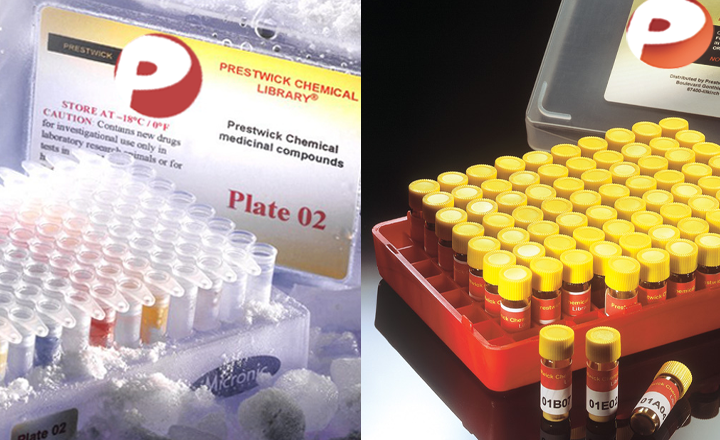Identification and characterization of novel sirtuin inhibitor scaffolds
Sanders BD, Jackson B, Brent M, Taylor AM, Dang W, Berger SL, Schreiber SL, Howitz K, Marmorstein R
Bioorganic and Medicinal Chemistry - vol. 17 7031-7041 (2009)
Bioorganic and Medicinal Chemistry
The sirtuin proteins are broadly conserved NAD+-dependent deacetylases that are implicated in diverse biological processes including DNA recombination and repair, transcriptional silencing, longevity, apoptosis, axonal protection, insulin signaling, and fat mobilization. Because of these associations, the identification of small molecule sirtuin modulators has been of significant interest. Here we report on high throughput screening against the yeast sirtuin, Hst2, leading to the identification of four unique inhibitor scaffolds that also inhibit the human sirtuins, SIRT1-3, and are able to inhibit telomeric silencing of yeast Sir2 in vivo. The identified inhibitor scaffolds range in potency from IC50 values of 6.5-130 ??M against Hst2. Each of the inhibitor scaffolds binds reversibly to the enzyme, and kinetic analysis reveals that each of the inhibitors is non-competitive with respect to both acetyl-lysine and NAD+ binding. Limited SAR analysis of the scaffolds also identifies which functional groups may be important for inhibition. These sirtuin inhibitors are low molecular weight and well-suited for lead molecule optimization, making them useful chemical probes to study the mechanism and biological roles of sirtuins and potential starting points for optimization into therapeutics. ?? 2009 Elsevier Ltd. All rights reserved.


